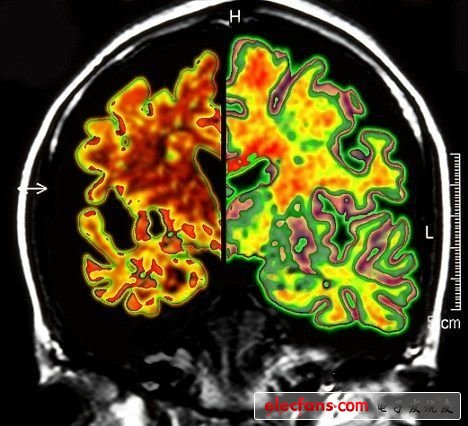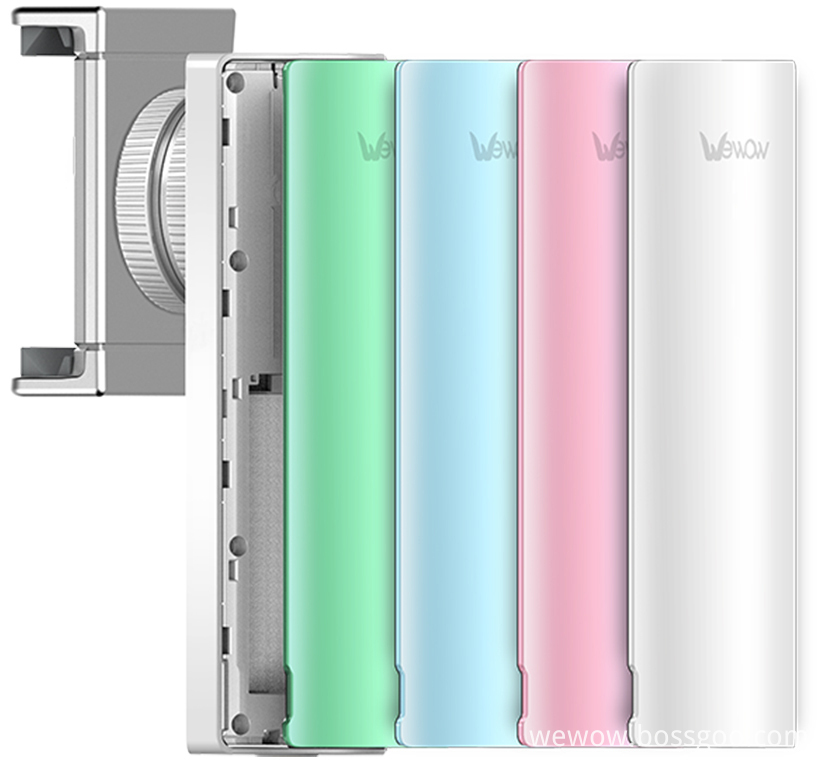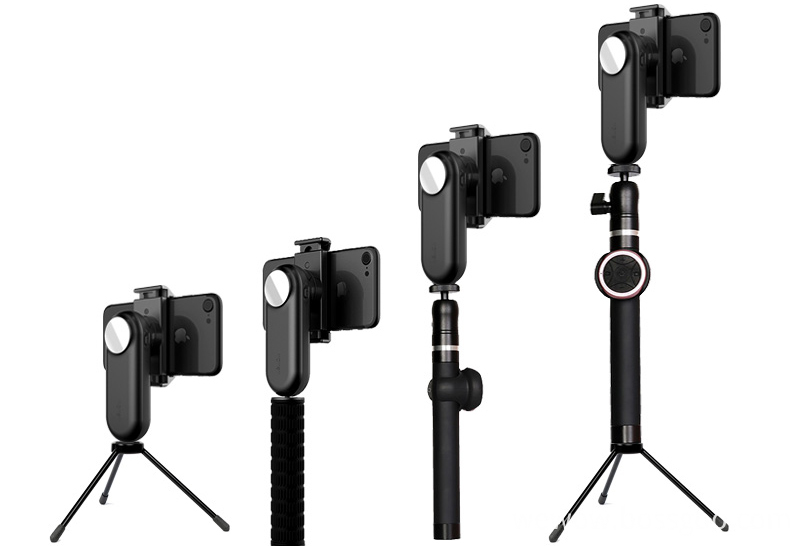Researchers at the Johns Hopkins University School of Medicine said that this kind of "pacemaker" that can be implanted in the brain is expected to slow the condition of Alzheimer's patients. This kind of brain "pacemaker" is also called "deep brain stimulation", which is achieved by low-voltage electrical stimulation of specific parts of the brain. It is reported that this method has been invested in the treatment of Parkinson's disease, and thousands of patients have undergone related surgery to improve memory and improve cognitive function that has declined.

In the treatment of Alzheimer's disease, researchers at the Johns Hopkins University School of Medicine hope to use low-voltage electrical pulses to directly stimulate the patient's brain, instead of paying more attention to the efficacy of drugs as in recent clinical trials. Partly ended in failure. Paul Rosenborg, associate professor of psychiatry and behavioral sciences at the Johns Hopkins University School of Medicine, said: "Research attempts to treat Alzheimer's disease with drugs in recent years have all ended in failure, which highlights the need to change strategies ... This is a completely different method. We try to use physical methods to strengthen brain function. As the population ages, dementia becomes more common. In the treatment of dementia, this is a new and promising The way to overcome this disease. "He said:" The method of deep brain stimulation may be an effective treatment for Alzheimer's disease, or it may help us develop a minimally invasive treatment plan with the same principle. "Next year, the United States Approximately 40 Alzheimer's patients will undergo transplantation of the brain's "pacemaker" in 4 American research institutes including Johns Hopkins University.
During surgery, the brains of all patients will be implanted with electrodes. These electrodes are connected to a pacemaker-like device and can emit 130 electrical pulses per second. Rosenborg said that patients do not feel the presence of electrical pulses. The researchers said that all patients undergoing clinical trials will also be implanted with this "pacemaker" device. Among them, half of the patients' pacemakers will be opened two weeks after the operation, while the other half of the patients will not be opened until one year after the operation. At present, patients and doctors participating in clinical trials are not aware of the grouping. In fact, as early as 2010, Canada has already begun clinical trials of this brain "pacemaker." At the time, 6 patients with mild dementia participated. At that time, the test results showed that during the 13-month observation period, the glucose metabolism rate of these patients continued to increase, which means that their brain neurons are working. In the same period, the glucose metabolism level of most Alzheimer's patients is declining.
Traditionally, stabilizer is heavy and too big to take. Fashion stabilizer can solve all these problems. It`s small and light.

Fashion gimbal stabilizer are designed as pocket size, portable and easy to take. You can carry it as easy as smartphone!

Wewow focusing on handheld stabilizer is a technology company which does R & D independently. With Wenpod series product released, the company achieved the industry's praise and quickly became the leader of the smart stabilizer industry.
Our service
1. Reply to you within 24 hours.
2. Already sample: within 1-2days.
3. Shipping date: within 24 hours once get the payment.
4. 12 months warranty.
5. After-sales service, solve within 3 working dates.
If you have any questions, please contact with us directly.
Wewow appreciates domestic and international business relationship!
Fashion Stabilizer,Fashion Stabilize Regulator,Professional Fashion Stabilizer,Voltage Stabilizer
GUANGZHOU WEWOW ELECTRONIC CO., LTD. , https://www.stabilizers.pl